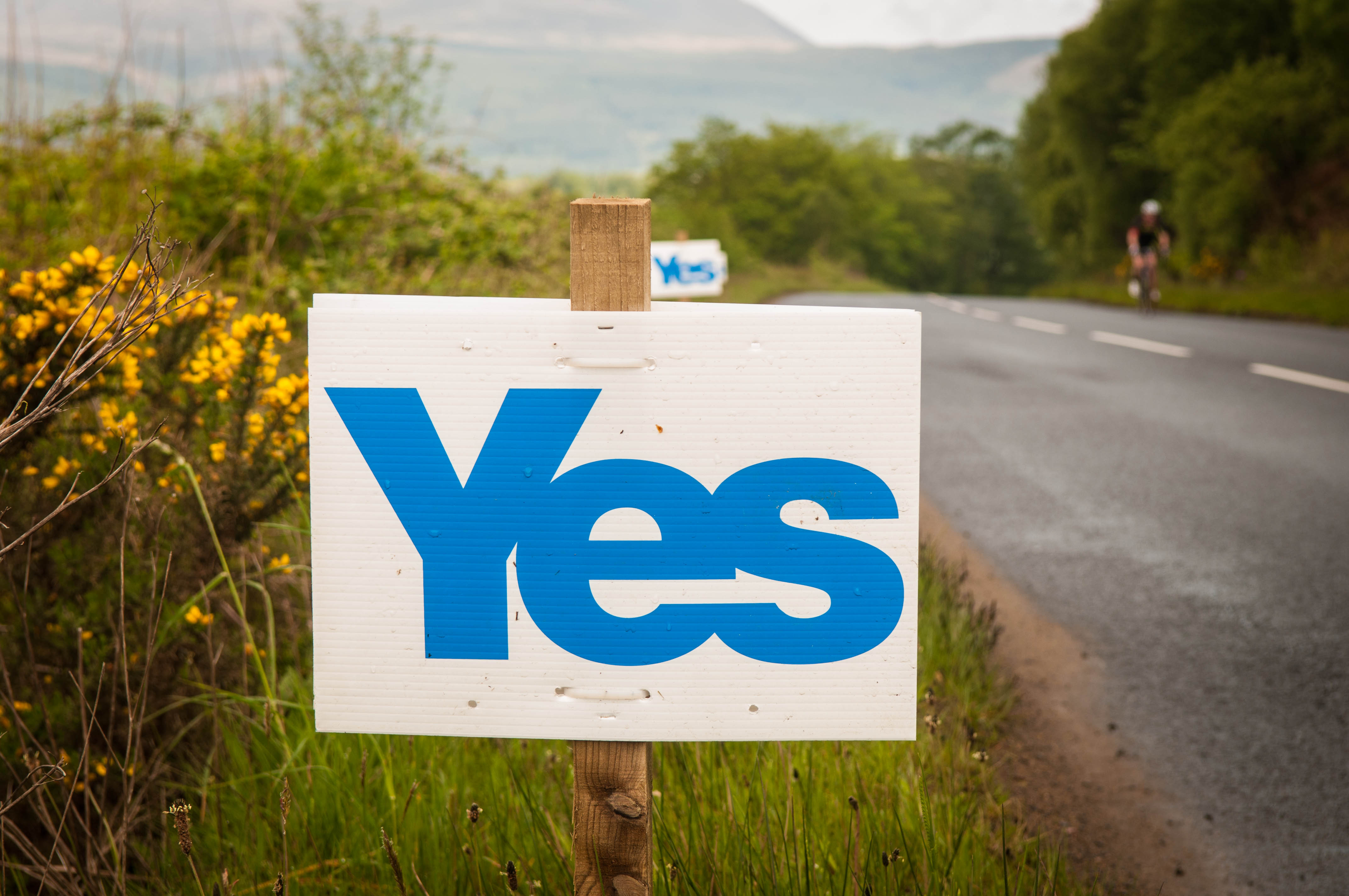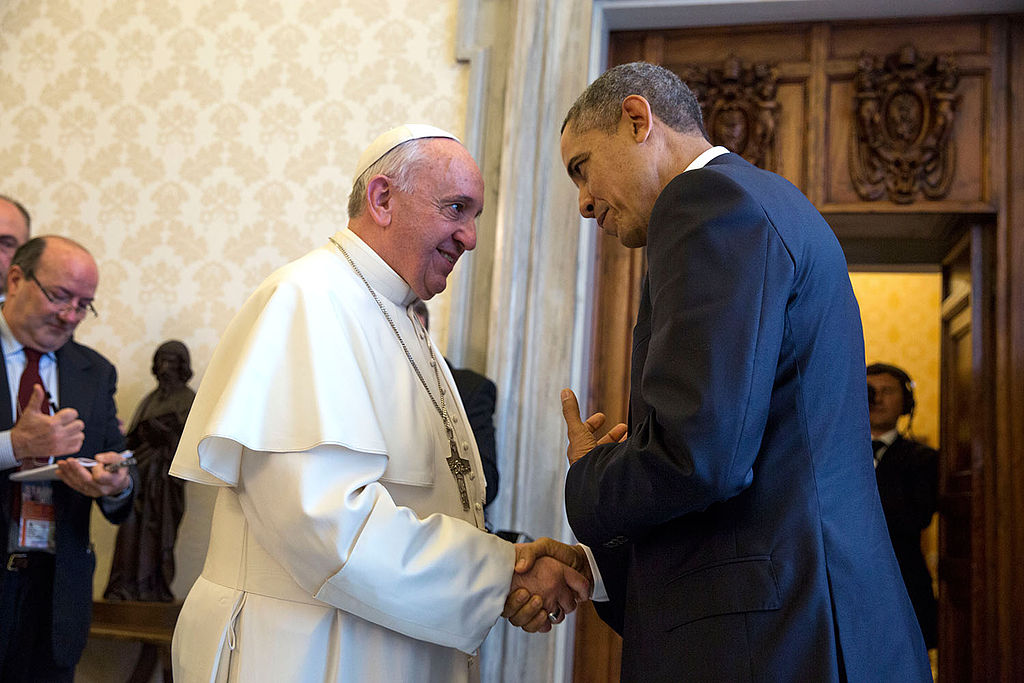
One of the first things you learn in Management 101 is that you don’t bring an issue up for a vote unless you know the outcome and it’s going to be in your favor. The British government clearly missed that lesson. For the last few days I’ve been driving around Scotland. Everywhere you look there are large “YES” signs: on telephone poles, in sheep meadows, on cars, on rock outcroppings in the middle of lakes, on multiple balconies of an apartment building. They outnumber the “No, thanks” signs by at least 20 to 1.
The vote this Thursday for Scottish independence is going to be close, closer than the signs indicate. That’s because many more people will vote “No” than are willing to admit to their neighbors. Still, the vote is too close to call and that makes the U.K. government ‘s decision to allow for the vote so puzzling. Either way, Westminster loses. If the Scots vote for independence, the U.K. loses a third of its territory and becomes a shell of its former self. If the Scots vote against independence, Westminster keeps the territory but with a much more nationalistic and divided population. Management 101 would have said that a vote should never have been allowed on an issue this risky and divisive.
So why did England agree to it? It agreed because it thought it would win by a large margin. A big no vote in Scotland would have silenced the separatists and given Westminster more bargaining power when negotiating with the Scots over such things as North Sea oil. But that’s not going to happen. Instead, the Scots will emerge from Thursday with more bargaining power to demand even greater autonomy even if the referendum is defeated.
Why did England believe it would win? England believed it would win because independence makes no economic sense. Why would the Scots risk financial instability when they already have a fair amount of political autonomy? But this is where Westminster got it wrong. If you’re sitting in London and talking with bankers it’s easy to believe that the referendum will fail. My guess is that Westminster didn’t talk with the average Scot living in Glasgow or Durness or any of the small villages that make up the country. If they had, they would have realized that they were setting themselves up for failure. And setting yourself up for failure is something even a novice manager knows he or she shouldn’t do.







4 comments
I suppose it depends. On the one hand, stumbling into the very real possibility of losing a third of its territory has not been a particularly impressive performance by the UK government. On the other, Spain’s insistence on delaying a referendum by the apparently massively popular Catalan independence movement for as long as possible has not been a good look for a democratic government.
If people in Westminster talked to ordinary people in the peripheries of the UK instead of London bankers and journalists and people who work in think tanks or for lobby groups, then there would be no need for devolution of any kind. I say that though I – as a fellow peripheral – do not wish to see Scotland go.